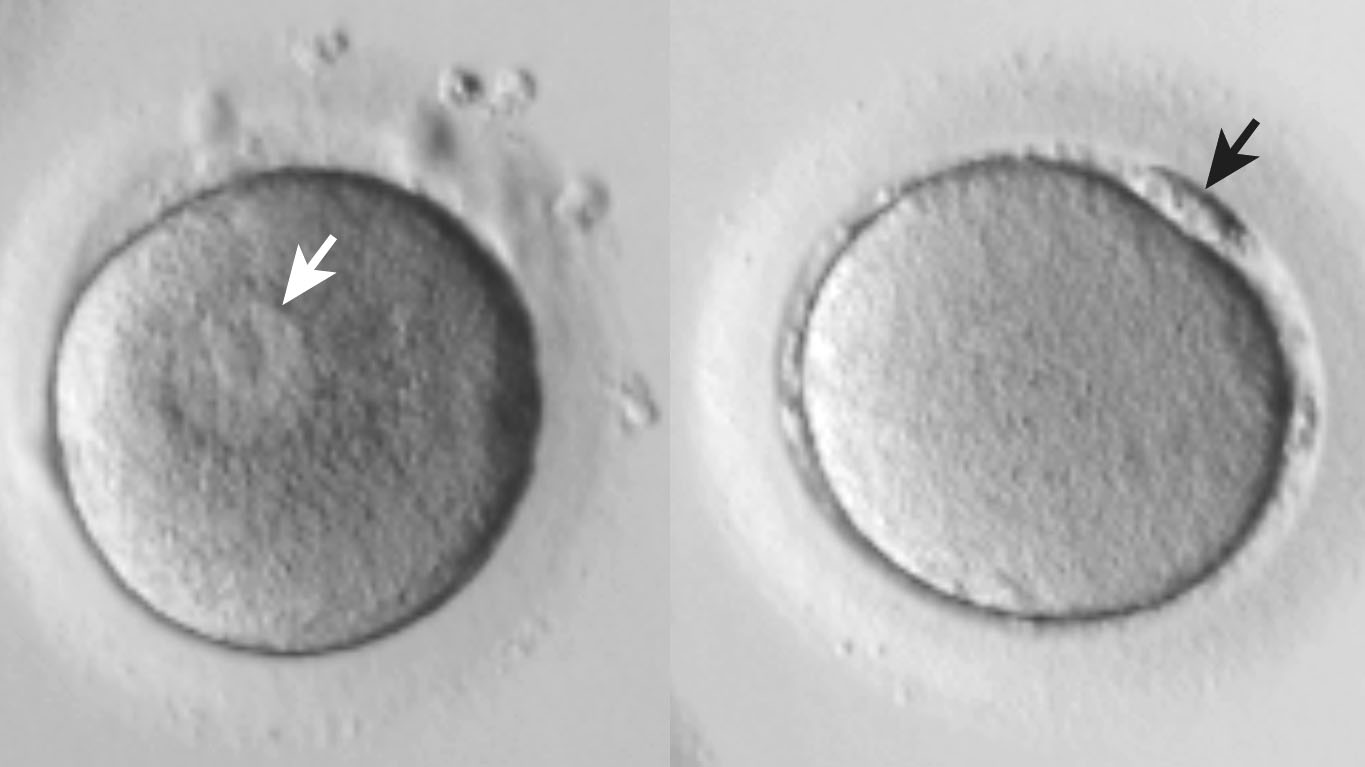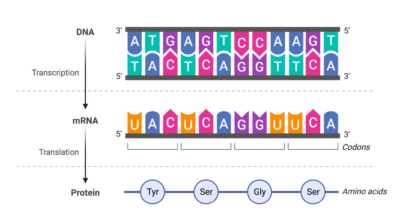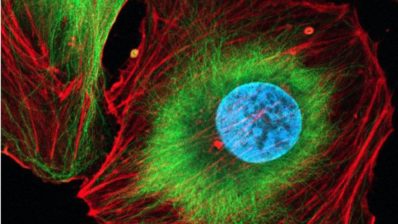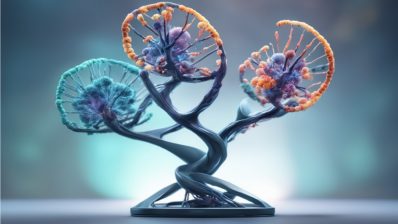A collaborative study between groups from the Centre for Genomic Regulation (CRG), the National Center for Genomic Analysis (CNAG) and the Eugin Clinic have shown that aging alters RNA levels in eggs. In particular this seems to influence the activity of some genes that are key for oocyte maturation and thus it compromises the final stages of this process. The final step of this maturation is “critical for reproduction because it provides the material early embryos need to develop normally and survive”, says the study leader, Bernhard Payer.
They sequenced the transcriptome (the set of RNA molecules) of 72 oocytes from 37 donors between the ages of 18 and 43. The results suggest that there may be a loss of ability of the older oocytes to process certain key gene products, or an alteration in the activity of various regulatory genes.
“This work is a great example of the power of interdisciplinary science. Joining expertise from the clinics with high-resolution cellular profiling and advanced computational biology was key for the success of the study.”
Holger Heyn, group leader at the CNAG-CRG, co-author of the study.
These results, the authors say, could be the first step in improving diagnostic techniques to evaluate the quality of oocytes in reproductive medicine and even in developing possible treatments for their rejuvenation.
Llonch, S., Barragán, M., Nieto, P., Mallol, A., Elosua‐Bayes, M., Lorden, P., Ruiz, S., Zambelli, F., Heyn, H., Vassena, R. and Payer, B. (2021), Single human oocyte transcriptome analysis reveals distinct maturation stage‐dependent pathways impacted by age. Aging Cell e13360.






